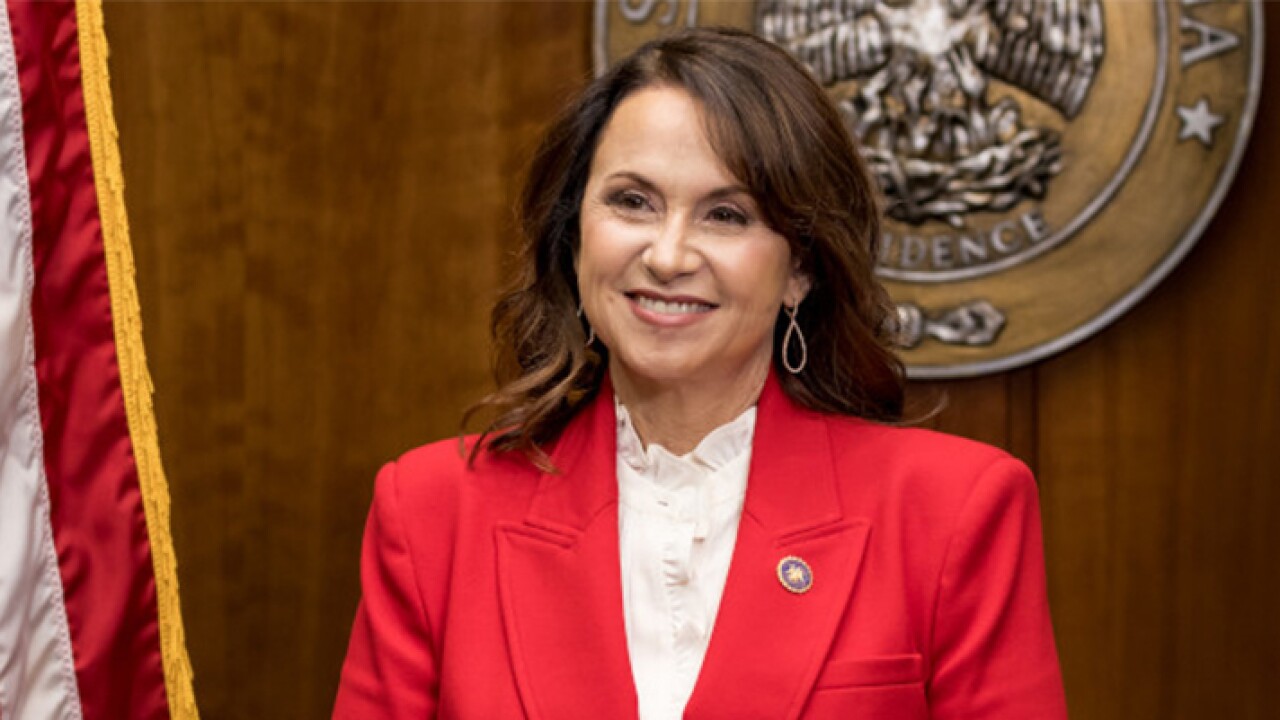
CHICAGO – Investors snapped up Chicago's $537 million water revenue bond issue Wednesday, allowing the city to trim the interest penalty its bonds typically face.
Spreads narrowed from a comparably rated wastewater deal that sold late last year, but still reflect the city's pension and credit struggles, market participants said.
The sale was notable for Chicago in that it closes a tumultuous chapter that began last May, when Moody's Investors Service dropped the city's general obligation and sales tax ratings to junk and lowered the water and wastewater credits within the investment grades.
The downgrades triggered defaults on bank credit support and interest-rate swaps that could have forced the city to pay off $2.2 billion of debt. The city scrambled to negotiate forbearance agreements and pulled together deals reoffering bonds and cancelling swaps to shed the risk. The water deal was final piece needed to fully resolve the potential crisis.
"The city closed the book on variable-rate debt and swaps today following through on Mayor Emanuel's commitment to reduce taxpayer risk and improve Chicago's long-term financial health," Chicago's chief financial officer Carole Brown said in a statement.
The city's only remaining swaps are in its airport debt portfolio, an enterprise viewed as being fairly well-insulated from the city's general credit.
The city said its order book was 10 times oversubscribed with 107 investors participating in the deal allowing the syndicate to bring yields on some maturities down by as much 17 basis points.
A source said 15 new investors in the water credit submitted orders. The true interest cost landed at 2.92%.
PNC Capital Markets LLC ran the books and Ramirez & Co. was co-senior manager on the bonds backed by net system revenues.
Several market participants said the strong interest was driven by the water credit's strength coupled with attractive yield premiums demanded because of the city's budget and pension woes and the market's overall hunger for debt.
Matt Fabian, partner at Municipal Market Analytics, put market conditions at the top of those factors.
"The deal did very well but it's not surprising; there's an incredible rally in high yield, low yields, and everything in between," he said.
A source who worked on the deal said Emanuel's speech at the National Federation of Municipal Analysts' conference in Chicago last week left an impression on some attendees. He highlighted the city's economic strength and also spoke of his resolve to fix the city's pension system and stabilize Chicago Public Schools, although he offered no new details on how he will accomplish those goals, disappointing other analysts.
The Emanuel administration said this week that an alternative plan to rescue the city's laborers' and municipal employees' pension funds in the wake of the recent Illinois Supreme Court's decision voiding reform legislation will be unveiled in the coming weeks, and it will include new revenues. The city is in negotiations with unions.
The city sought to highlight with investors the strengths of the water enterprise system supported by rate hikes that have boosted revenue that supports debt service and finances projects with cash. The deal came as the city's 10-year GO trading spreads have widened to about 280 basis points over the negative headlines that came from the high court's ruling and lingering uncertainty over the fate of a re-amortization of the city's public safety pension funding schedule.
The sale reoffered at fixed rates $445 million of floaters from a 2000 issue and 2004 issue and added $82 million of new money in a tax-exempt series and a taxable series to cover termination fees on cancelled swaps.
The 10-year maturities in the deal initially paid a yield of 2.93%, one with a 4% coupon and another with 5% coupon. The city was able to trim the yield by 12 basis points to 2.81%.
The long, 2031 bond on the deal initially offered a yield of 3.25% with a 5% coupon. That was cut by 17 basis points to 3.08% due to demand.
The city took sealed bids on the taxable.
The final size and winning bid was not immediately available. A source said given the short maturities on that series it was best to let the corporate market set the price.
The city previously paid $250 million to cancel other defaulted swaps.
The 10-year yield landed 128 basis points over the Municipal Market Data's top-rated benchmark on a comparable maturity, 109 basis points over a double-A credit, 79 basis points over a single-A rated credit, and 40 basis points over a triple-B credit. The long 15-year bond priced 116 basis points over the triple-A, 96 basis points over a double-A, 63 basis points over a single-A credit, and 25 basis points over a triple-B credit.
The second lien bonds carried AA ratings from Fitch Ratings and Kroll Bond Rating Agency and was rated A by S&P Global Ratings.
Moody's Investors Service was not asked to rate the new deal but assigns a Baa2 to the city's second lien. Most of the city's $2.3 billion of water revenue-backed bonds are issued under the second lien.
The spread premium was lower than on Chicago's $419 million wastewater sale last fall.
The city's wastewater credit is closely aligned with the water credit and rated on the low end by Moody's in the triple-B category and AA on the high end.
The 10-year maturity on those previously issued wastewater bonds paid a yield of 3.46%, 145 basis points over MMD's triple-A scale; 125 basis points above the double-A scale; 90 points over single-A; and a 48 basis point spread to the triple-B scale.
At the time, the city's 10-year GOs hovered at around 250 basis points over MMD.
"Chicago water is an easy credit to love" due to the system's size and revenue backing, Fabian said. "You invest in Chicago because the economy is strong. The risk with Chicago is that more bad things happen to the city that undermines liquidity for other city issuers."





